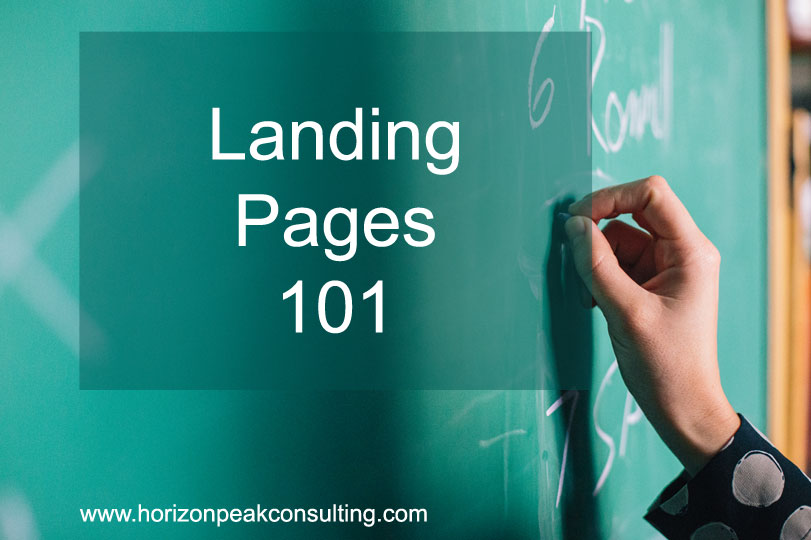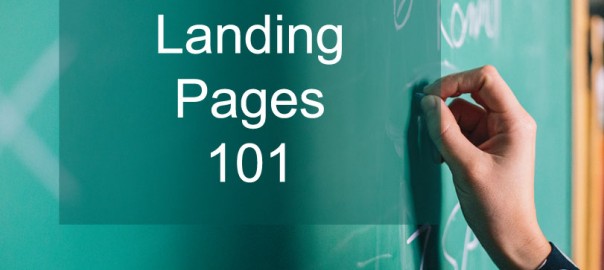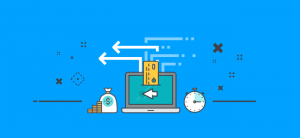
Last week we learned that to write an effective landing page, you need to do these two things:
1. Decide on one single call to action
2. Tie your landing page headline to your ad headline
Today, in part 2 of this 3-part series, I only have one tip for you – but it’s probably the most critical of the bunch.
3. Keep the copy succinct
Your reader has already clicked once to get to your landing page – don’t make them work any harder. Give them just enough information to make the decision to take action.
Using well-written copy, tell the reader what’s in it for them when they act on the CTA (call to action). I’ll be frank: Your readers don’t care about you or your company. They only care about themselves. Feed their ego on your landing page.
- Encourage readers to take action by telling them exactly what they’ll get when they click that link or fill out that sign-up form.
- Use bullet points and numbered lists to make it easy to skim and easy to understand.
- Big blocks of copy will not go over well on a landing page – they slow the reader down, and your goal is to keep up the momentum from the ad to the landing page to the action.
You can certainly use a few short, strategic testimonials on your landing page – but make sure they really add something to the copy and feed the reader’s ego, not your own.
All of that said, there is a time and a place for a long-form sales page. Sales pages typically work better on a website or from an email marketing campaign than as an ad destination. Group programs might be one of the few exceptions because they often require a lot of explanation (hard-selling) to convince people to buy. Still, though, Google especially is not a big fan of using long-form sales pages as online ad destinations.
Digital & Social Articles on Business 2 Community
(268)




